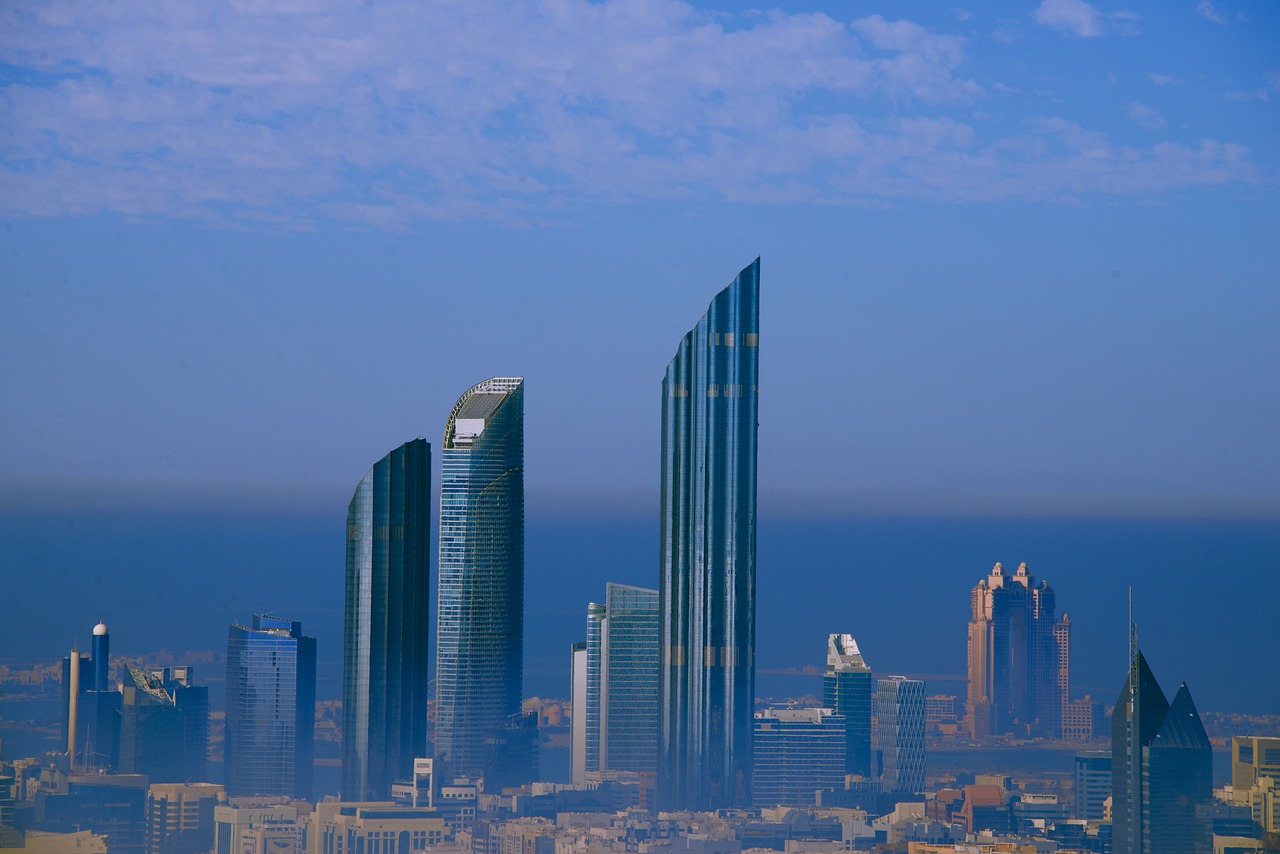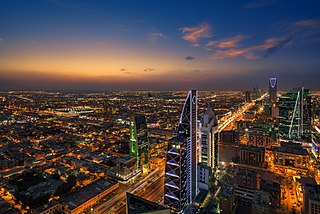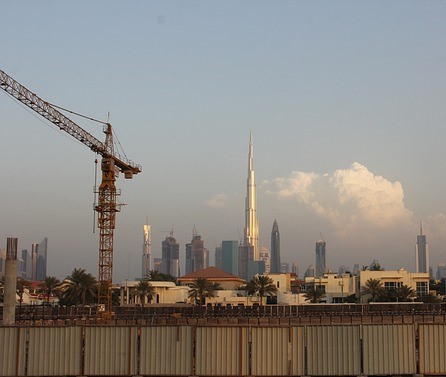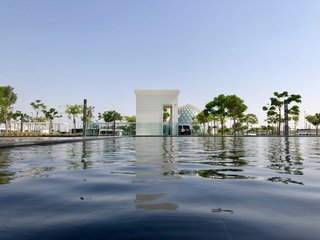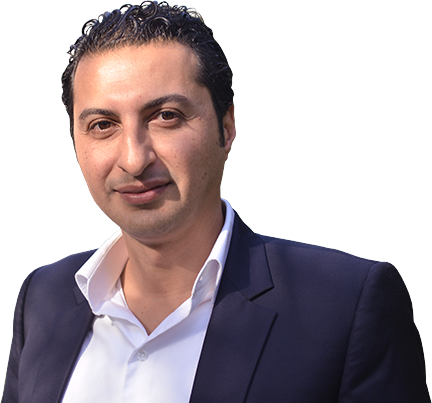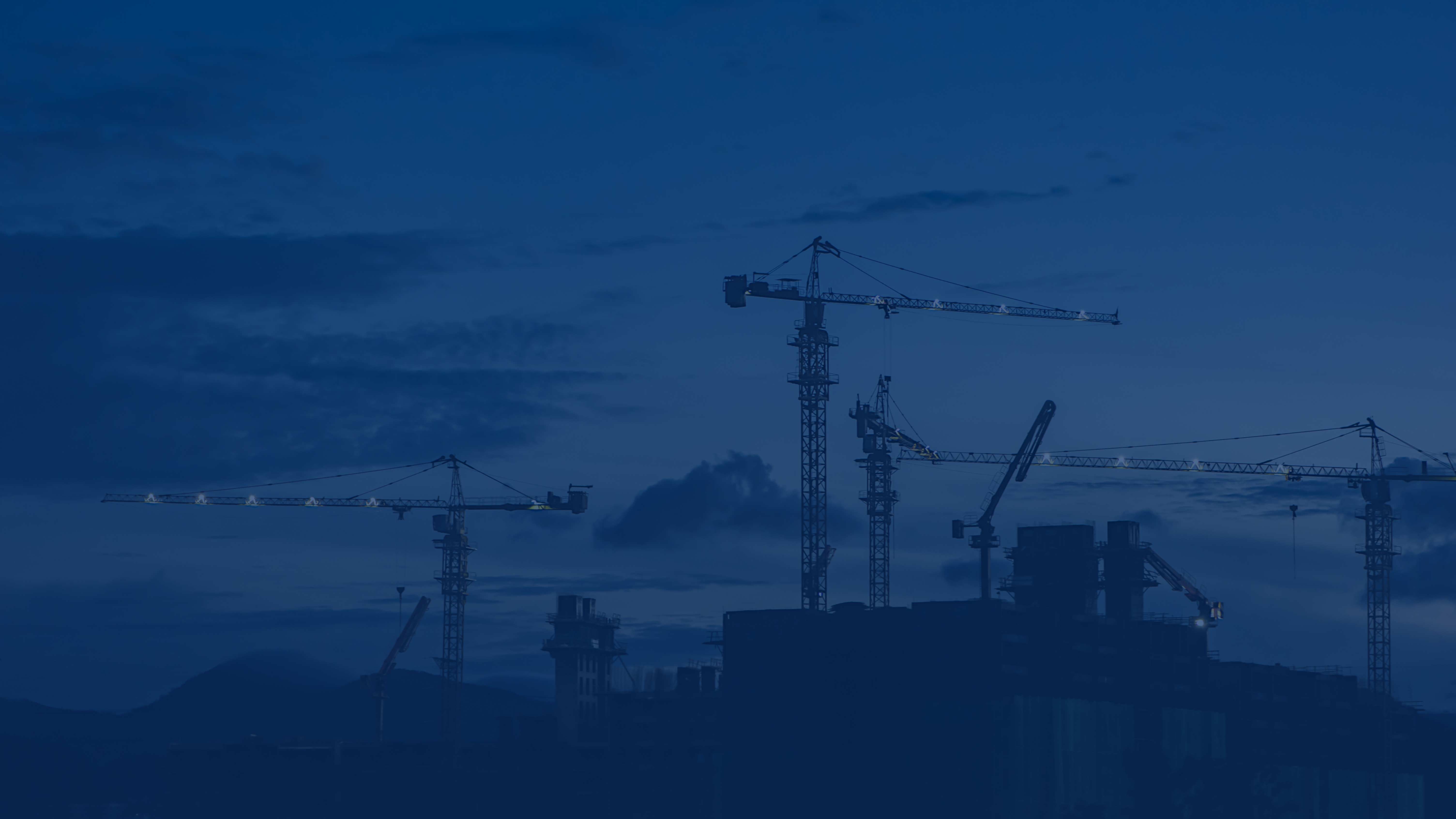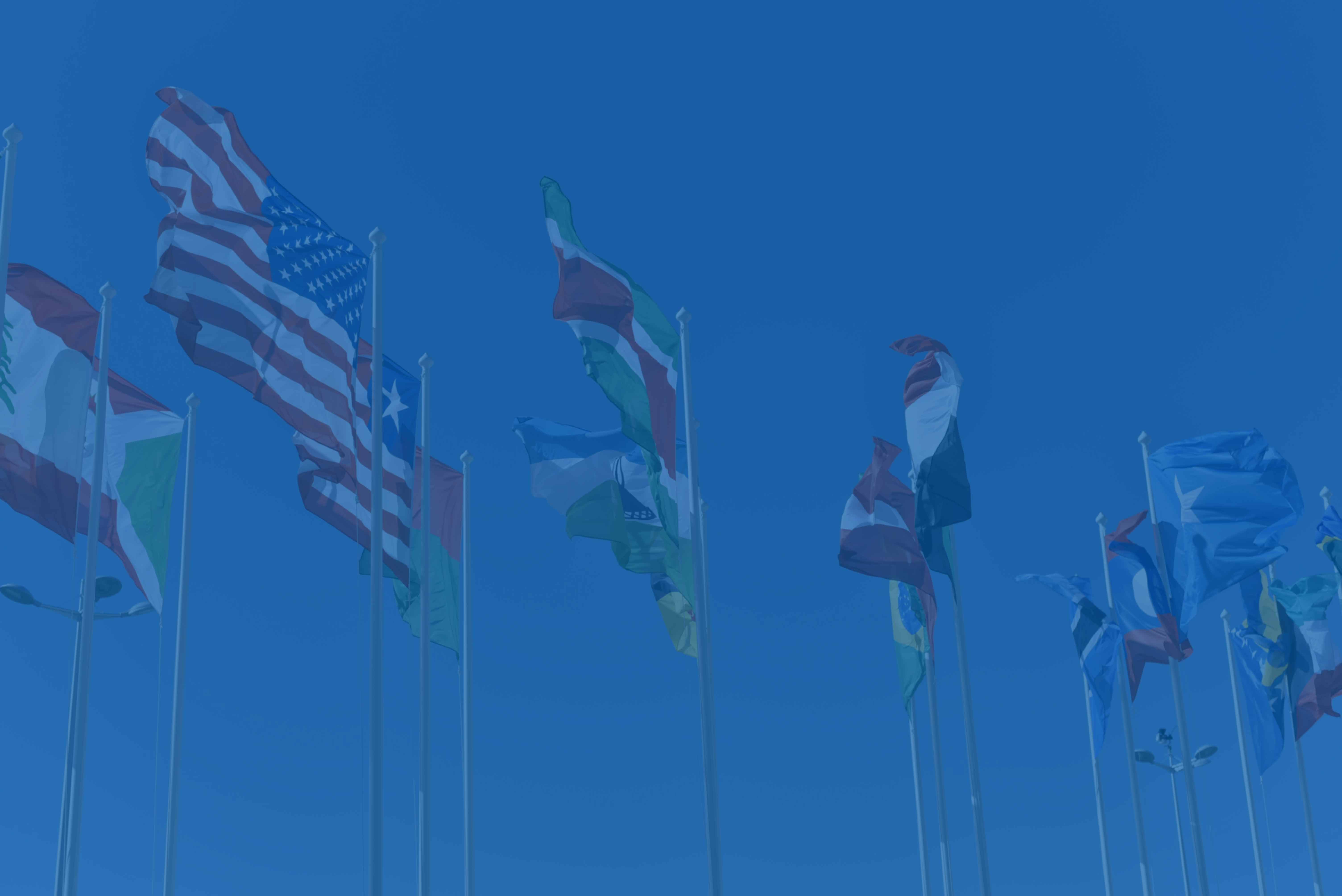Walid Aradi, CEO of Tahseen Consulting, discusses the importance of the sovereign wealth fund
- The ADIA manages an estimated $700-800 billion and plays a crucial role in administering the financial wealth of Abu Dhabi
- The sovereign wealth fund allows the Abu Dhabi government to decouple its finances from oil revenues and maximize future spending power
When it comes to news on economic trends and policies in the UAE, government and business leaders turn to the Abu Dhabi Council for Economic Development’s Economic Review. Tahseen Consulting is honored to contribute its analysis on the economic policy role of the Abu Dhabi Investment Authority to the publication’s November issue. We have posted the full article below.
In the article, Tahseen Consulting’s Chief Executive Officer, Walid Aradi, spoke with representatives from the Abu Dhabi Council for Economic Development regarding his thoughts on the Abu Dhabi Investment Authority’s role in fiscal policy.
Abu Dhabi Council for Economic Development: Who Does the Abu Dhabi Investment Authority Serve?
Aradi: Based on the constitution of the United Arab Emirates, natural resources are the public property of the Emirate in which they are located.
The Abu Dhabi Investment Authority (ADIA) receives funds from the Government of Abu Dhabi and invests these funds in the public interest of the Emirate and its citizens.
The process for allocating and transferring revenues to ADIA is not rule based but is based on three sources:
- Budget surpluses, which arise from an excess of petroleum revenues, from the Government of the Emirate of Abu Dhabi. This includes taxes on oil companies as well as profits from the Abu Dhabi National Oil Company (ADNOC)
- Investment income from returns made by ADIA
- ADNOC pays an undisclosed percentage of its income directly into two natural resource funds (Abu Dhabi Investment Council and the Abu Dhabi Investment Authority)
The size of the funds under the management of ADIA has been conservatively estimated at between $700-800 billion.
Abu Dhabi Council for Economic Development: How is it Managed?
Aradi: ADIA is an independent government investment institution wholly owned by the Abu Dhabi Government. However, it carries out its investment mandate independently of the Abu Dhabi Government and other institutions that also invest funds on behalf of the government. Since 2008, ADIA has made significant progress in transparency and disclosure and has participated in the formulation of the Santiago Principles and meetings of the International Forum of Sovereign Wealth Funds. Key stakeholders in the management of ADIA include:
- Government of Abu Dhabi: The Government of Abu Dhabi established the legal mechanism for ADIA in 1976 and remains the legal owner of ADIA and its assets.
- Board of Directors: Provides oversight over ADIA’s management. The Board’s nine members are appointed for three-year periods which are renewable. H.H. Sheikh Khalifa bin Zayed Al Nahyan serves as the Chairman of the Board.
- Managing Director: Is responsible for investment and operational decisions and reports to the Board of Directors. The Managing Director is also a member of the Board of Directors.
- Investment Committee: Advises the Managing Director on investment policy and external manager selection and performance.
- Internal Audit Department: Reports to the Managing Director and the Board of Director’s Audit Committee.
- Audit Committee: Oversees and appoints two external auditors
Abu Dhabi Council for Economic Development: How is it important for the development and future of Abu Dhabi?
Aradi: ADIA plays a critical economic policy role in efficiently and effectively managing the financial wealth of the Government of Abu Dhabi. Since 1976, Abu Dhabi has maintained a prudent fiscal policy in which oil revenues were used to balance the Emirate’s budget and finance development. Surpluses are invested through ADIA and are drawn upon in times of deficit.
ADIA operates as an inter-generational savings fund with a diversified portfolio of international assets and a focus on generating long-term financial returns.
Savings funds are typically utilized by countries to preserve some part of the revenues from a depleting resource for future generations and spending need. In countries that have a high degree of fiscal dependence on the export of nonrenewable resources, a key challenge is to transform nonrenewable resources into sustainable and stable sources of future income while also isolating the country from volatility in commodity prices. Placing commodity revenue in a sovereign wealth fund such as ADIA is a means to avoid boom and bust cycles, such as those we are potentially experiencing now, by accumulating adequate international assets.
ADIA is an important fiscal revenue source that allows Abu Dhabi to reduce its reliance on volatility in oil revenues.
Its purpose is it to decouple Abu Dhabi Government finances from oil revenues and to maximize future spending power and to prepare the economy for a post-commodity era.















